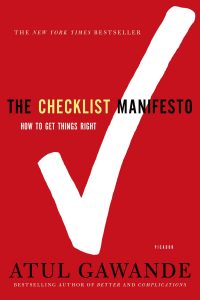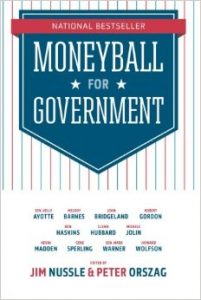
When I wrote The Public and its Problems in 1927, I was concerned that American life had become endlessly complex, which I believed negatively affected the public’s efficacy in political action. Today, almost 100 years later, this assessment is more relevant than ever. Somehow we managed to multiply this complexity many times over. Modern life is full of wondrous distractions which I could not even have imagined in 1927. Before, I was worried about movies, radio, magazines and motor cars. Now, they have invented flat screen TVs and the internet. One can watch movies, read magazines, and stream every song ever created on her iPad any time of day. What is more, she can play Angry Birds, one of a million mindless iPad games, while listening to dubstep on her headphones and scrolling through Facebook in between games. Modern life only barely requires consciousness. (And they now make motor cars that can go over 200 mph!) So it is no surprise that so many people claim to be uninterested in politics, or that they do not vote because it doesn’t matter, because it “doesn’t affect their lives.” In a sense, it truly doesn’t, as so much of life now consists of playing on one’s iPad, which one can do regardless of the president.
But an even deeper, and still yet inchoate, issue is that, should one desire to organize an effective public toward the end of political action, doing so in an informed way can be seemingly impossible. The difficulty of understanding all the technology and science involved in the modern political process is a quite significant barrier to entry. We hear daily of expectations for the economy based on economic models said to account for jobs reports, unemployment, consumer price index, and whether the Fed will raise rates. Agriculture and industry as well involve science that perplex all but the few who have specialized in their respective science over the course of an entire career. How many people truly understand the science behind genetically modified foods, or even how their motor cars use gasoline to run? And issues of pollution and global warming resulting from modern life are discussed in terms of advanced scientific models. How is the average American expected to be politically active in a society involving such complexity? How could one even make an informed voting decision? People simply do not have the time to attain the knowledge required to fully understand the intricacies of each of these issues. Even becoming well-acquainted with one or two would be quite a serious undertaking, and no doubt the issue would quickly morph as newer and newer technologies become available and advance the problem into further complexity. So it appears that for the American people, voting based on a deep understanding of the complexity of all the issues is an infeasible undertaking. On the basis of what, then, is the American public supposed to vote?
I am reminded of Atul Gawande’s book, The Checklist Manifesto. Gawande is a surgeon who recognized the extraordinary complexity of modernity in his own field, medicine and surgery. He generalizes the observation to all of modern life, which contains endless complexity, as I have described. Gawande argues that, though it may seem beneath us, using a checklist can often be a quite effective way to cope with the extraordinary complexity of many modern problems. For example, he describes how the use of checklists in emergency rooms and in surgeries have helped to keep people from skipping over what appear to be trivial steps that could in fact have life-or-death consequences. He applies this to other domains like piloting large and complex aircraft and making financial decisions. Gawande suggest that even domain experts should often use checklists, because the complexity of many domains is such that one often forgets to consider all the basics. If experts should be using checklists to make decisions in complex situations, surely the average American should not try in vain to understand the ins and outs of every political issue.
I advocate the use of checklists by Americans when making voting decisions. In the presidential debates alone, we hear so many appeals to facts and statistics that verifying each of these instances in an efforts to make a fully informed voting decision would be impossible. And this is just one of many political races in the current election season: simultaneously informing oneself fully on the issues and facts discussed by one’s state representatives, railroad commissioner and judges, in addition to the president and dozens others, is incomprehensible. It would be far beyond a full-time job. Yet voters should not altogether ignore facts and science and expert opinion. Rather, voters should compile some rules of thumb regarding appeal to these facts and expert opinions. A so-called voting checklist consists of a collection of such rules of thumb. We can thus canalize the use of science effectively into Americans’ voting decisions. Doing so would morph the inchoate public into a politically powerful public with an effective and organized voting strategy.

 In particular, the benefits of using statistical methods and mathematical modeling seem clear. Such groups as
In particular, the benefits of using statistical methods and mathematical modeling seem clear. Such groups as